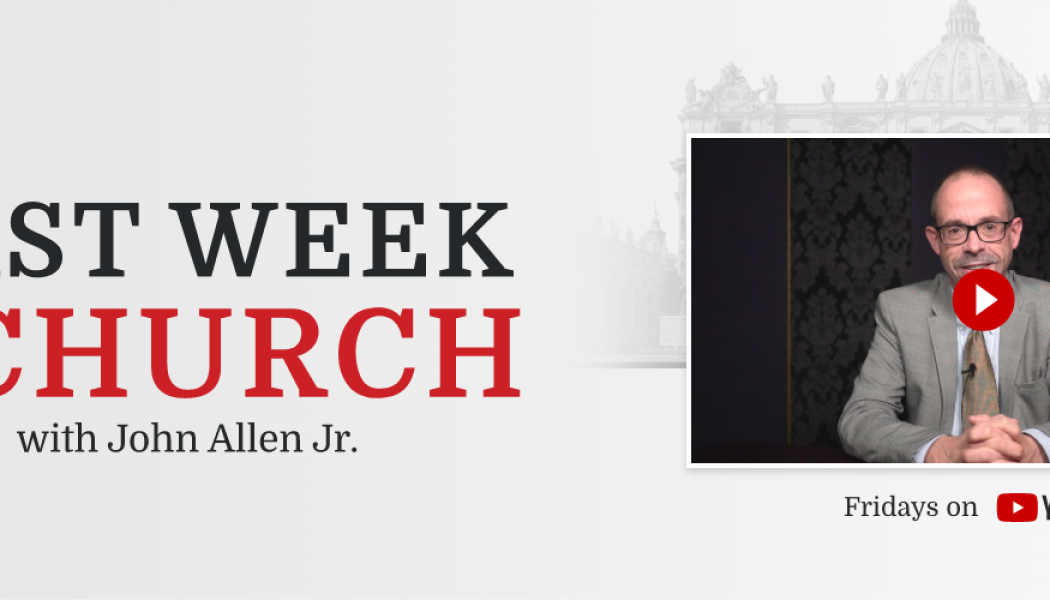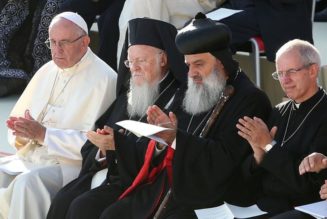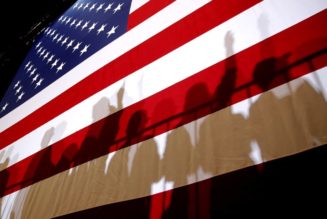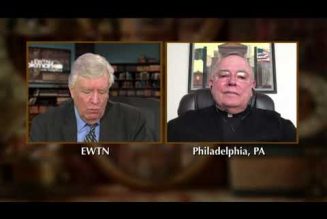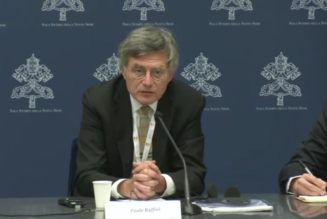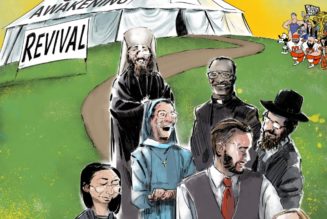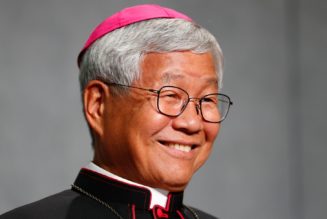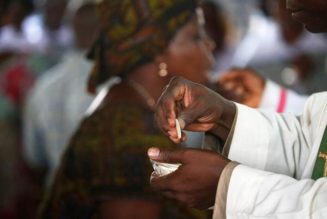ROME – Probably it should come as no surprise that reaction to Wednesday’s US Supreme Court decision granting an injunction against limits on public worship imposed by New York State was immediately swept up into the broader political fulcrum of 2020.
After all, the governor who imposed those limits, Andrew Cuomo, is a liberal Catholic; the bishop who challenged them, Nicholas DiMarzio of Brooklyn, is a member of Opus Dei and conventionally seen as a conservative. Moreover, the deciding vote in the court’s 5-4 decision was cast by Justice Amy Coney Barrett, a Trump appointee, meaning one’s perception of the case often is tied to perceptions of Trump himself and his legacy.
As if that weren’t enough, the whole question of anti-Covid measures in America has become deeply ideological, with many liberals insisting anyone who questions any government restriction is “anti-science” and many conservatives harrumphing that any such measure is part of a global plot to erect a “New World Order” (whatever that’s supposed to mean.)
The thing of it is, the case actually has nothing to do with politics, or at least it shouldn’t. What it poses instead is a question of fact: Is a uniform policy of limiting attendance at religious services to a certain fixed number of people a reasonable infringement on a constitutional guarantee, when the facilities in question have vastly different capacities and abilities to observe safety protocols?
If you can explain how that’s a left v. right issue, you’re smarter than me.
To be clear, DiMarzio’s fight, which also applies to a similar appeal filed by Agudath Israel, is not over. The injunction means the case now returns to an appeals court, which has scheduled a hearing on Dec. 18. Should that ruling go against the diocese, however, it likely would return to the Supreme Court, and given Wednesday’s precedent, there’s every reason to believe the result would be the same.
It should also be noted that the restrictions were imposed originally in response to reports of rising infection rates in Orthodox Jewish congregations in New York, but were applied across the board to all religious bodies.
Granted, left v. right probably does shape core sensitivities when it comes to church/state issues and Covid-19.
Contrary to popular mythology, most secular liberals aren’t hostile to religion, merely indifferent. Many see it as analogous to quilting, deep sea fishing or rodeo – perfectly fine if you’re into it, but hardly “essential.” Equally, most religious conservatives aren’t hostile to science or public health measures, but they’re far more inclined to see worship as analogous to grocery stores and pharmacies, i.e., an essential public service.
Certainly DiMarzio is hardly a Covid denier or indifferent to public health concerns.
“I don’t want to endanger anybody,” he said. “That’s primary, because life itself is so important. But spiritual life is equally important, when we have the right safeguards.”
He underlined the diocese’s commitment to fighting the spread of the disease.
“We instituted every possible safeguard, 18 different points that our pastors have to follow in opening up for Mass,” he said.
“We closed down 10 days before we were asked to, and we opened up two weeks after we were able to in order to make sure we were ready to implement all these safeguards,” DiMarzio said. “I’m very confident we can do it in the right way.”
DiMarzio spoke in an interview for “The Crux of the Matter,” Crux’s weekly radio program that airs Mondays at 1:00 p.m. Eastern time on the Catholic Channel, carried on Sirius XM 129.
Yet as a matter of law, none of that should matter anyway. For better or worse, the constitution establishes religious freedom as a core legal principle, which means that the bar has to be set high to demonstrate that an infringement on that freedom is justified.
DiMarzio offered an example from outside his own diocese to illustrate the kinds of questions involved.
“I’m on the board of the National Shrine in Washington. It’s the biggest church in the Western hemisphere,” he said. “Five thousand people fit in that church, but they are restricted to 100.”
“They went to the District of Colombia government, because they have a rule there that they can look at how many people can fit in the place. They refused [to reconsider],” Di Marzio said.
One does not have to be a “Make America Great Again” Trump fanatic to find that sort of restriction unreasonable. Presumably, the guiding principle should be to respect constitutionally guaranteed freedoms as much as possible, as long as the same protections for public health are in place in those settings as in other permitted venues.
Similarly, one does not have to be a far-left, anti-Trump activist to believe that the coronavirus is real, it poses a clear and present danger, and that religious organizations ought to be expected to bear the same sacrifices as the rest of society – as long, of course, as those sacrifices are reasonable given the best empirical and scientific data available.
In other words, is it too much to hope for that such questions can be resolved rationally, and without the burdens of ideological a priori? Maybe, maybe not. But for those inclined to see things that way, the Brooklyn case may well loom as a classic example.
Follow John Allen on Twitter at @JohnLAllenJr.
Join Our Telegram Group : Salvation & Prosperity
